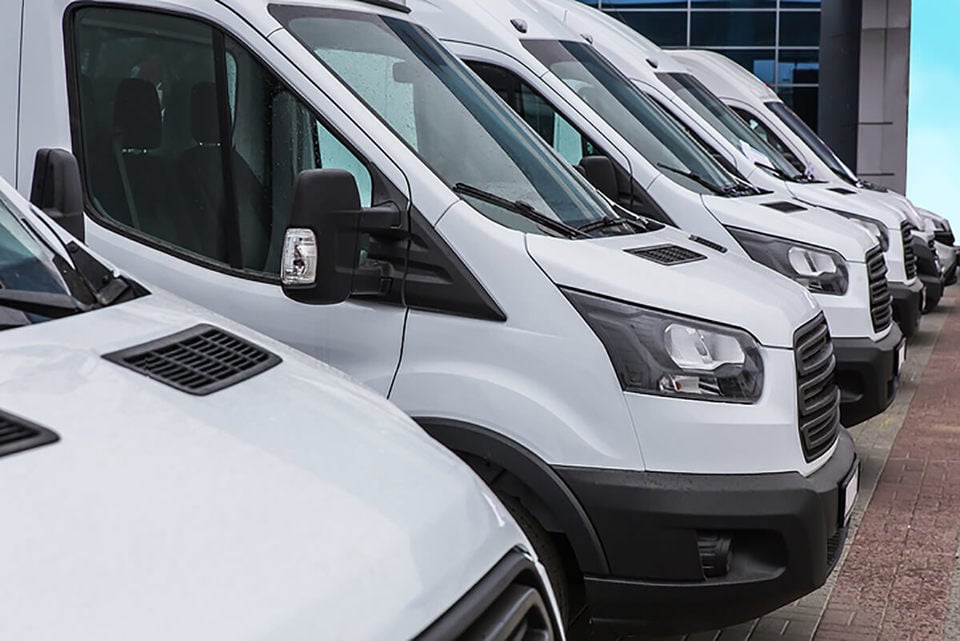Venson Automotive Solutions is urging the Government to take decisive action against what it describes as unachievable targets and restrictive regulations to relieve the burden for the commercial fleet sector.
The Zero Emission Vehicle (ZEV) Mandate became law in early 2024, setting out annual targets for a growing percentage of new cars and vans to be electric.
“Although the ZEV Mandate states lower quotas for vans than for cars, it doesn’t take into account the pace at which e-vans can will be taken into fleets,” explained Simon Staton, client management director at Venson.
“The challenge for fleet operators is that the e-vans currently available do not always meet business requirements.
“For example, the payload, mileage and charging infrastructure mean that e-vans can’t always meet the operational requirements of a business.
“Forcing a premature e-van transition would require a lot of planning and negotiation within a business, and sometimes unions, to change operational ways of working.”
Regulations have added further complications and slowed down take up of large e-vans. An issue raised in the 2021 Venson white paper, Operating Commercial Vehicles Beyond 3.5t, remains true today: due to the weight of EV batteries, larger e-vans are subject to multiple rules and regulations originally intended for the heavy goods vehicle (HGV) sector.
The Government is weighing up the safety implications of making it easier for fleets to operate electric vans by changing the rules for operating 4.25-tonne vehicles.
The previous administration announced in October, 2023, that the additional five-hour training requirement for drivers would be removed for electric vans weighing up to 4.25 tonnes.
With heavier vans also falling under HGV operator licensing rules, it also promised to make changes to towing allowances and broaden the flexibility to cover all vehicle types, beyond goods vans, recognising that further measures were needed to support their uptake.
In May, the Office for Zero Emission Vehicles (OZEV) said that it expected to bring legislation forward by the end of the year, but July’s general election meant any changes are now being considered by the new Government.
The weight limit for Category B driving licence holders driving alternative-fuel vehicles (AFVs) was increased from 3.5t to 4.25t in 2018.
However, Abdul Chowdhury, head of the vehicle policy team at OZEV, told delegates at last week’s Fleet and Mobility Live that the Department for Transport (DfT) was still working on exempting these heavier electric vans from operator licence restrictions.
Staton said: “With the right vehicles, right pricing and a clear, workable strategy from the government that addresses the regulatory aspects of managing a commercial fleet, the UK e-van market could improve in the medium to long term.
“Overall, right now, however there’s no hiding the fact that the picture is far from rosy.”

























Login to comment
Comments
No comments have been made yet.